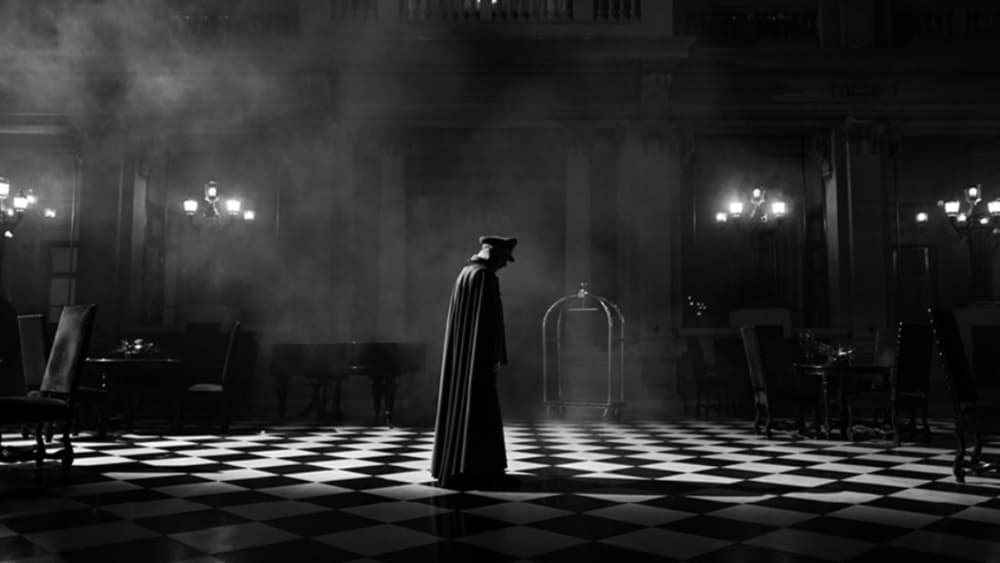You have to give some credit to Netflix. They may exploit artists, treat films as disposable content, and pay obscene amounts of money for some of the worst garbage Hollywood has produced in the last decade, but they will occasionally pick up distribution rights for some truly weird, provocative art — giving it a platform that a limited theatrical release never could. The downside of this situation is twofold. Not only will the film be impossible to view in its intended format (which is particularly hard on films that are supposed to be comedies), but Netflix won’t know how to market the film and will dump it unceremoniously on the streaming service.
This is the problem Chilean filmmaker Pablo Larraín’s new movie “El Conde” faces as it tries to reach a wider audience. If you aren’t locked into the fall festival circuit or in certain circles on social media, it’s unlikely you knew this was released last Friday (if you’ve even heard of it at all). But those who stumbled upon it were treated to one of the year’s most creative, ambitious, and politically charged films.
Larraín reimagines the life of Chilean dictator Augusto Pinochet as an immortal vampire, popping up during various major historical movements across the world to oppress from the shadows, faking his death and moving on once he is found out. The legacy of fascism and the threat of its return looms large over present-day Chile, haunting unsuspecting individuals and ready to take advantage when the time arises.
The film is at its best working as a pastiche of classic vampire horror films. The opening 15 minutes or so is an incredible expository sequence, briskly moving through 200 years of history with a beautiful, haunting expressionist style that takes full advantage of the shadows black and white cinematography can create to build a mystifying atmosphere.
But “El Conde” isn’t all like this. About half the film is dedicated to a dysfunctional family murder plot, with each of Pinochet’s children wanting to kill him to get their enormous inheritance. They hire a nun to kill Pinochet, and in the process, we get several conversations between the nun and various members of the family about their stolen wealth and interrogations about their relationship to a fascist regime. This part of the film is significantly worse than the vampire storyline. Not only is it shot in a comparatively bland, flat way, but it’s also more direct — an excuse for Larraín to use rhetoric as an anti-fascist tool rather than the camera. It just doesn’t have the same satiric bite as the horror elements.
It all leads to one of the most bizarre twists in a movie I’ve seen in a long time. Despite the entire film being in Spanish, it is narrated by an English woman, who is later revealed to be Pinochet’s mother and also former British Prime Minister Margaret Thatcher. There’s some historical connection between the two — specifically Thatcher’s support in returning Pinochet to Chile from Britain rather than extraditing him to Spain and Pinochet’s support of Thatcher during the Falklands War. But if you don’t know the history of these two figures (as I didn’t before I looked it up after finishing the film), the twist doesn’t make much sense. Still, one has to respect the audacity to do something like that, even if it doesn’t work (and I will say portraying both Pinochet and Thatcher as blood-sucking monsters is very funny after reading up on the connected history). That’s a feeling that extends to the film as a whole. I’m always going to have some affection for big swings. In “El Conde,” it may cause the film to hit some annoying lows, but the highs are well worth the failures.

